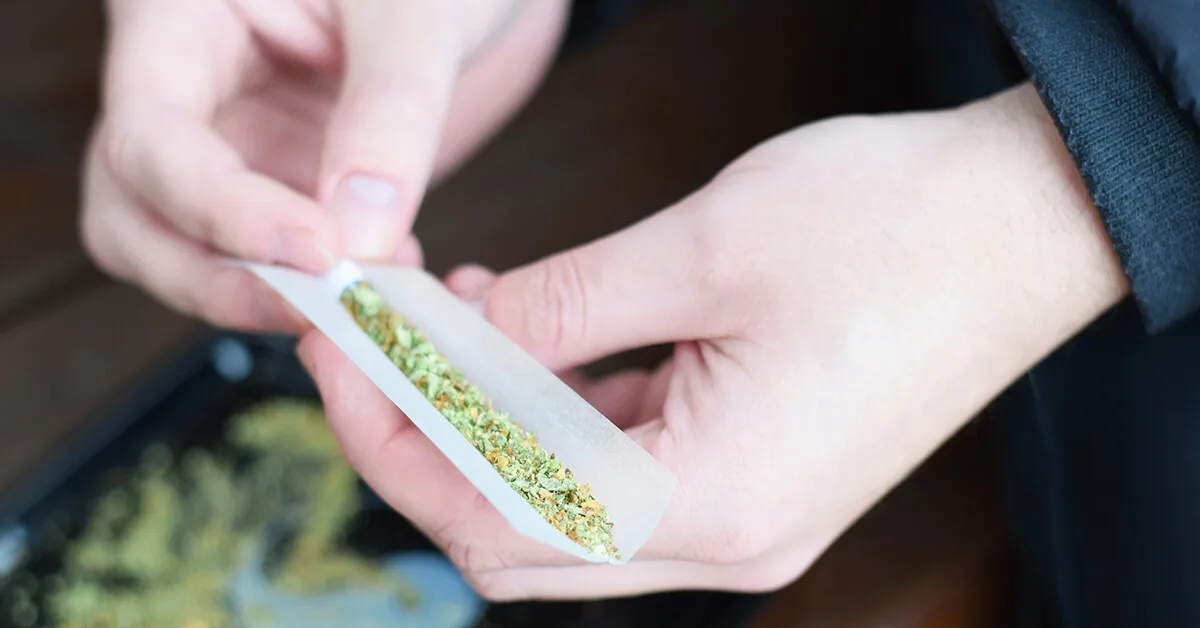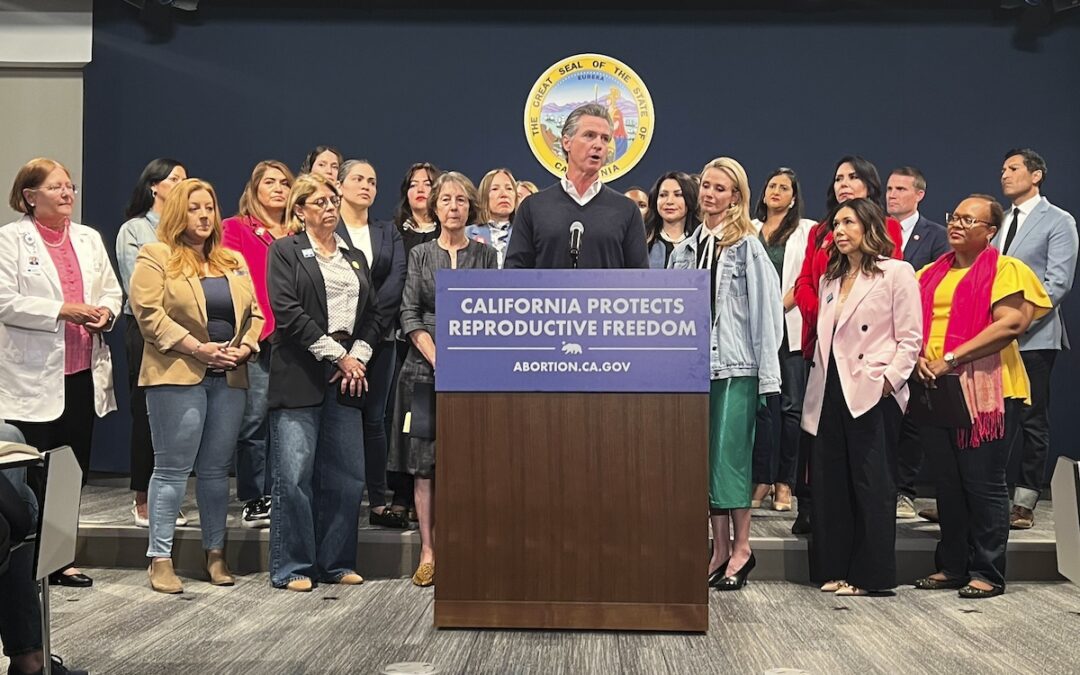
ShutterStock
In 2019, marijuana-related crimes accounted for nearly a fourth of the arrests made by Phoenix police.
Recreational marijuana will be legal in Arizona in just a few days, leaving law enforcement racing to understand what exactly will be written into law and how it will impact local policies and policing.
Prop 207 passed in Arizona in the Nov. 3 election with about 60% of the 3.2 million votes cast in favor of recreational marijuana.
Police were given only a matter of weeks to figure out the ins and outs of the new law. Some things were clear—like the fact that adults can smoke marijuana in their homes, but not in open or public spaces.
However, preparing for what’s to come has proven to be more challenging for other aspects of the law, considering so much is still unwritten.
“It is difficult to speculate on every situation that our Patrol Officers could potentially encounter, however, the Mesa Police Department is prepared to keep our community safe and enforce all applicable laws,” Mesa police spokesperson Det. Jason Flam said.
Legalization Would Cut Down Some Departments’ Arrests Significantly
Prop 207—dubbed the Smart and Safe Arizona Act—allows adults over the age of 21 to possess up to an ounce (28 grams) of marijuana or smaller quantities of concentrate. It also allows for anyone convicted of possessing 2.5 ounces of marijuana or less to have the charge expunged from their record.
Legal weed will roll out in stages. While 207 will be enacted into law on Nov. 30, retail sales likely won’t start until spring 2021.
Adults possessing more than the allotted amount will face a criminal petty offense publishable by a $300 fine. Anyone under the age of 21 found in possession of marijuana or concentrate will be hit with a fine of $100 for the first offense and a criminal petty offense for a second violation. Anything after that would be a criminal class-one misdemeanor.
The measure will provide money for education and public safety in addition to mental health and substance abuse resources.
The legalization of marijuana will likely have a pretty big impact for police.
Arizona law enforcement arrested more than 11,600 people for marijuana possession in 2019, accounting for about 4% of the total arrests made statewide that year, according to data maintained by the Department of Public Safety.
However, it is not clear how many of those arrests would fall under the provisions of Prop 207.
Phoenix police had the bulk of Maricopa County’s 4,959 arrests related to marijuana possession with nearly 3,000 bookings, while Mesa and Tempe reported 946 and 578, respectively.
READ MORE: Legal Weed is Coming. Some Arizona Counties Are Still Hazy on How They’ll Get It Rolled Out.
Marijuana and paraphernalia-related charges accounted for nearly a quarter of the total arrests made by Tempe police in 2019, according to department spokesperson Det. Natalie Barela.
Barela said they’ll still respond to complaints about the smell of weed and similar calls to determine what response is necessary based on what exactly is happening. She noted that, while marijuana will be legal, smoking it in public places is still banned. However, marijuana consumption through an edible or vape is allowed in public.
Questions Remain Despite Legalization
Marijuana won’t officially be legal until the election results are canvassed on Nov. 30. However, the Maricopa County Attorney’s Office announced shortly after the election that all pending cases would be dismissed.
Some departments followed suit and began immediately acting as though the measure had already been signed into law, including Tempe and Phoenix police.
Mesa, Tempe, and Phoenix police told The Copper Courier their respective departments were still reviewing the law and would likely make additional changes to how it’s handled going forward. Local communities can also enact ordinances that could further affect enforcement.
Some departments expressed concern about the impacts of driving under the influence of marijuana. There’s still uncertainty about how long the drug impairs the body and at what point someone would be considered too high to safely drive.
Prop 207 technically prohibits driving while impaired to the “slightest degree.” However, it allows the state Legislature to set a threshold on the level of active metabolites allowed in the bloodstream, similar to a limit on blood-alcohol-content “when scientific research on the subject is conclusive and the National Highway Traffic Safety Administration recommends the adoption of such a law.”
It’s not clear when exactly that would happen as the subject has been under debate for years and states like Colorado—which was one of the first to legalize recreational marijuana—have been working for years to figure out how high is too high to get behind the wheel.
Colorado settled on 5 nanograms per milliliter of THC as the legal limit. There’s no tool convenient like a breathalyzer to quickly measure the active compounds in marijuana in a person’s system if pulled over.
Officers would have to rely on drug recognition training and a blood draw to determine if they exceed the legal limit. This could make way for legal challenges going forward.
Politics

Gov. Gavin Newsom wants to let Arizona doctors provide abortions in California
California law generally allows abortion up to the point of fetal viability, which is around 24 weeks. SACRAMENTO, Calif. (AP) — Arizona doctors...

VIDEO: Arizona Attorney General Kris Mayes indicts 18 ‘fake electors’
@coppercourier An Arizona grand jury has indicted former President Donald Trump's chief of staff, Mark Meadows, lawyer Rudy Giuliani, and 16...
Local News

Escape the heat at these indoor pools in Tucson
Arizona: it's synonymous with sunny. Mix that sun with the sprawling urban blacktops and the result is the nationally recognized heat that is...

We asked, you answered: 7 music venues in Arizona for a more intimate show
The biggest artists in the world come to Arizona to perform at places like Footprint Center, State Farm Stadium, and Desert Diamond Arena. But what...




